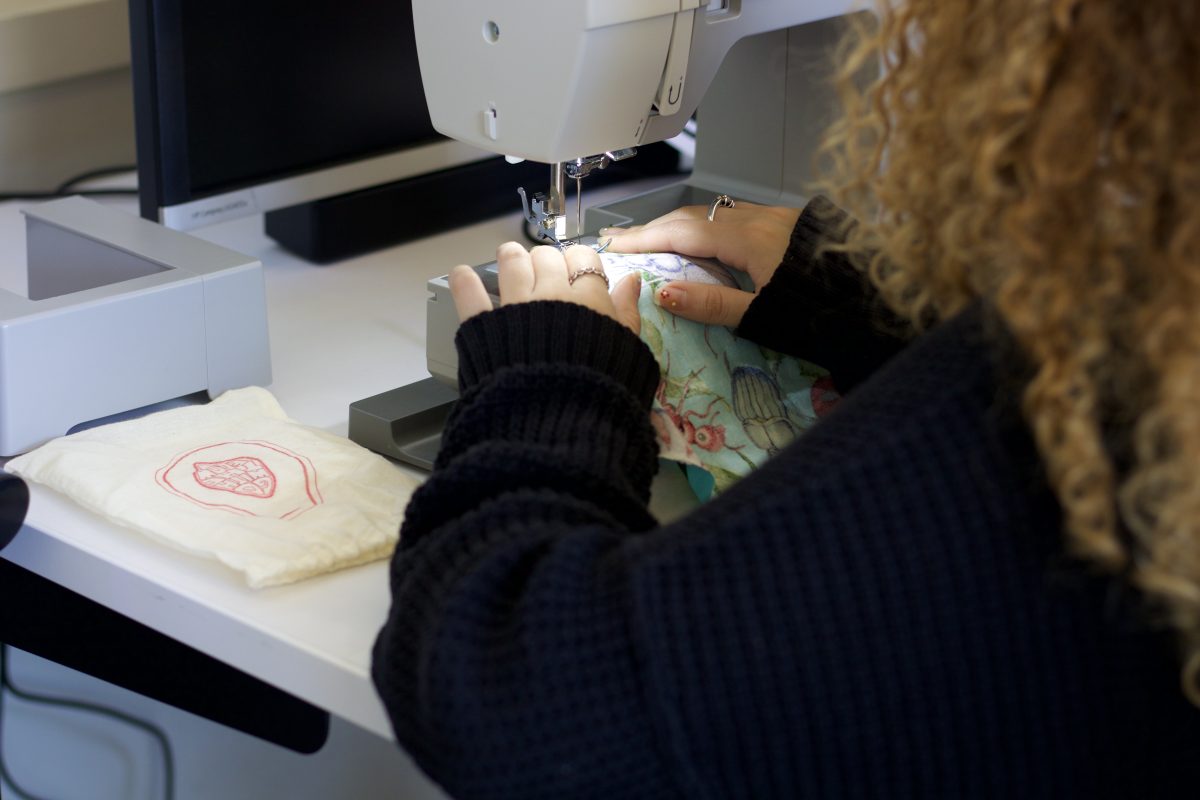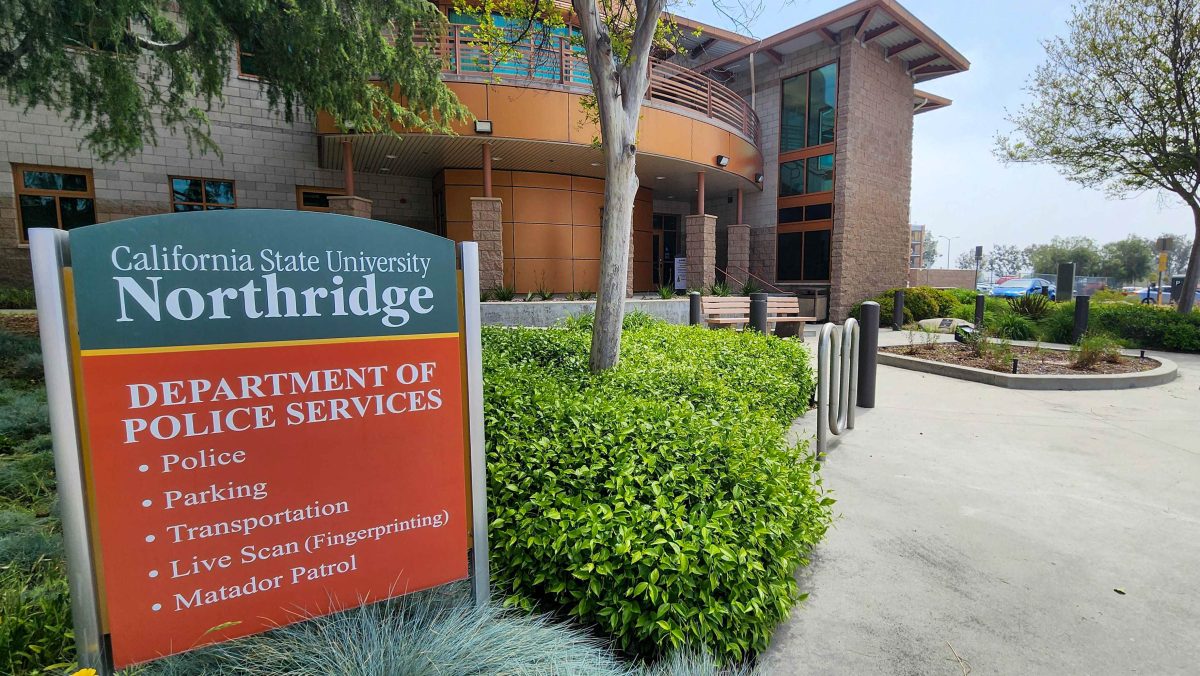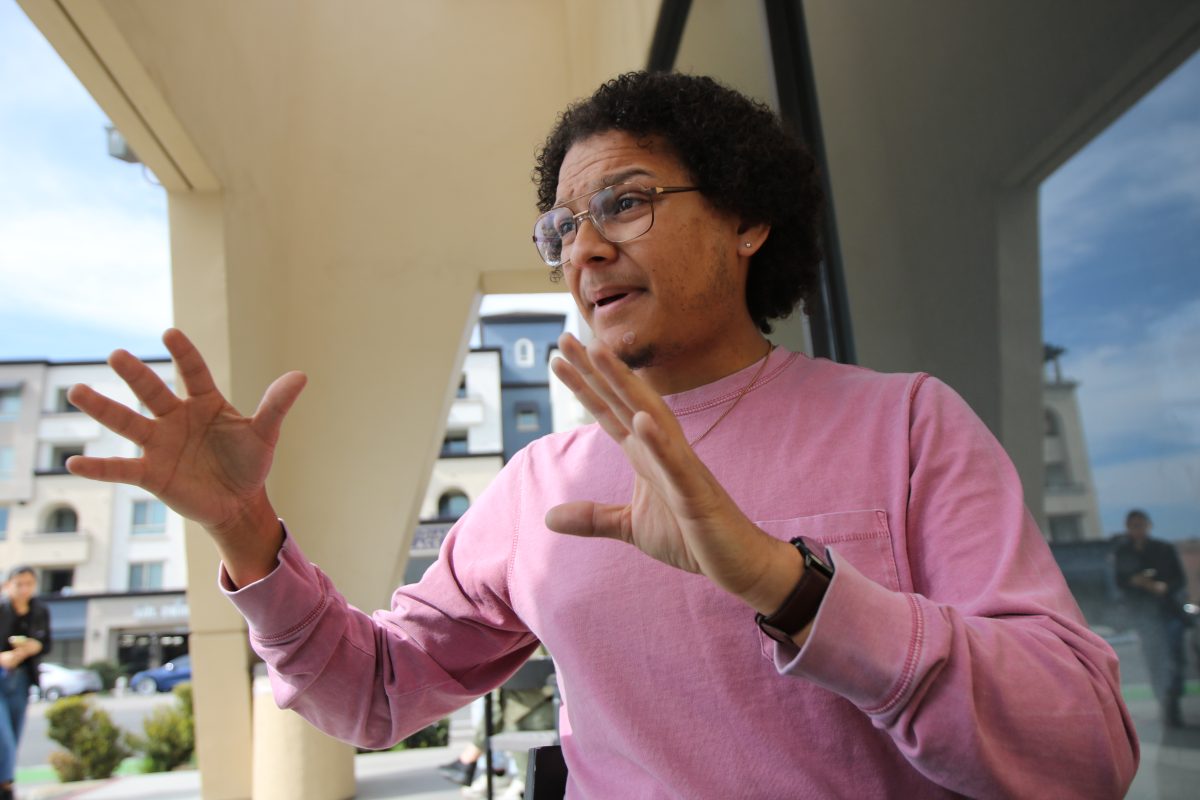A CSUN alumni is trying to start a student-run radio station.
Madhanie Habte, 26, who graduated in the spring of 2009 with a degree in journalism, is concerned that the mediums offered on CSUN’s campus, like The Daily Sundial and KCSN, are controlled by the Journalism Department and are not depicting the true voice of the students.
“Many other colleges have independently run Medias,” Habte said. “UCLA has Bruin Radio and Cal State Long Beach (CSLB) has KBeach, which is run by the students and produces up to six to 12 hours of programming per day.”
Habte said unlike CSUN where students have to be majoring in journalism to participate, UCLA and CSLB’s radio stations are more like clubs anyone can join.
According to the KBeach’s web site they broadcast online and will soon be on FM HD radio. They have around 100 student participants and also have volunteers from the surrounding neighborhoods.
Habte said he got the idea to start a student-run radio station from listening to a UCLA radio show and thinking, “CSUN doesn’t have anything like this.”
KCSN, 88.5 FM, is supported by CSUN and journalism students from the university participate in news production.
“In order to be in the advanced radio news class you have to be enrolled in the class (395b) and in order to be in that class you must pass 315 and any other prerequisites,” said Keith Goldstein, KCSN’s news director.
Goldstein said the production includes six-minute newscast at 6:30 a.m., a three-minute newscast at 7 a.m. and 7:30 a.m. and another three-minute newscast at 8 a.m. In the evening, students produce a 30 minute evening update. Students at CSUN produce approximately 48 minutes of airtime per weekday.
The remaining airtime, 6 a.m. to 6 p.m., is dedicated to classical music.
Goldstein declined to comment on “programming or anything else” regarding Habte.
“I can tell you this, since 1987 KCSN has won 445 awards in professional competitions,” Goldstein said.
Habte said he is aware KCSN is an award winning station.
“Nobody is saying they’re not great, but they’re lacking a lot,” Habte said. “We want to hear the student’s voice.”
Habte said he has started a Facebook page, which he named Matador Radio. The page started with ten friends and now has 73 members.
Habte said the members come from all different walks of life. They’re current journalism students, former journalism students, anthropology students, business students and political science students. All the students have one thing in common; they want a student run radio station.
“If you have just journalism students it lacks,” said Steve Pargamamik, 26, a junior majoring in Political Science. “The tone of voice and everything is the same. There is no difference between them.”
Karen Kearns, KCSN’s Interim General Manager and dean of CSUN, has been with CSUN since 1985 and said she has seen other students attempt to start a radio station.
“It’s not a student station (KCSN),” Kearns said. “This is a professional radio station licensed to the university.”
Kearns said “there’s a lot that goes into making a radio station.”
“Dependability is huge,” she said. “The competition is 24/7. Will the student volunteers continue to show up every week? It sounds exciting to have your own voice and there’s no question the internet has given us the opportunity that we otherwise wouldn’t be able to reach. People will like you but is your audience large enough to sustain you?”
Habte said his goal is to have Matador Radio be up and running before the fall of 2010. The main problem is the funding, he added.
Habte said he plans to pitch the idea to Associated Students (A.S.) in hopes they will see the radio station as any other club on campus that would benefit the student body.
A.S. Vice President Conor Lansdale said Habte must take some steps in order to be considered at all. He said they must fill out a URD form, a university recognition form, have at least five members and have a written constitution.
“Our judicial courts would review the request and send it to the senate,” said Lansdale. “We must then approve the constitution for clubs and make sure they are in compliance with the university and anti-discriminatory laws. I see no reason why they can’t if they really are motivated.”





